
 Dr. Oliver Lawrence
Dr. Oliver Lawrence
Technology and Education Social Justice Series
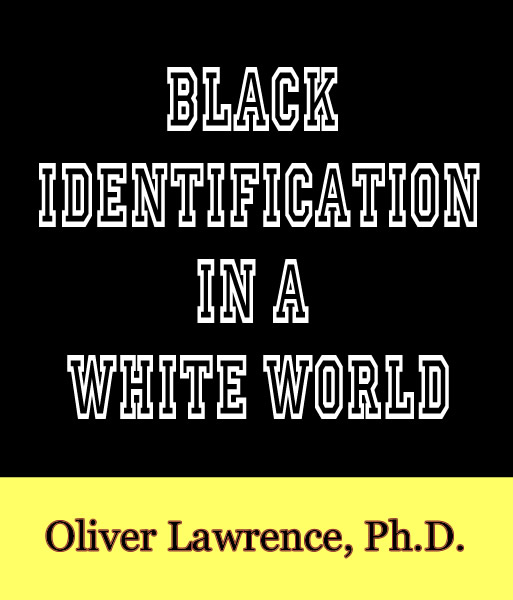
Black in a White World
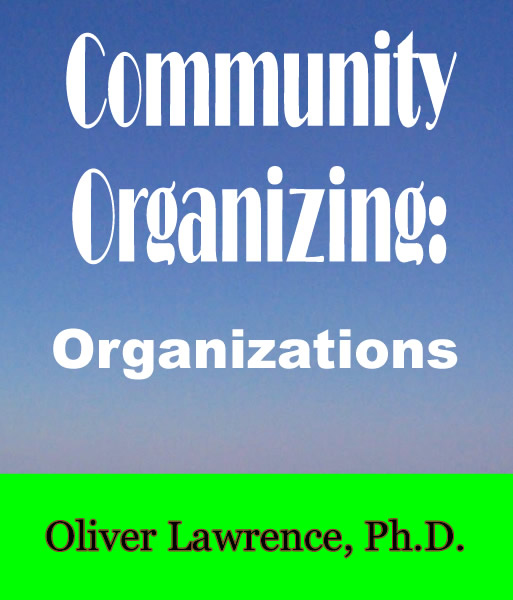
Community Organizing – Organizations

Data Mining
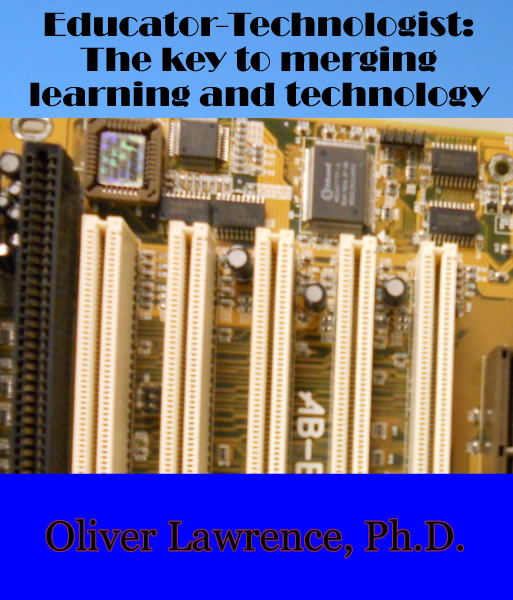
Educator-Technologist: The key to merging learning and technology
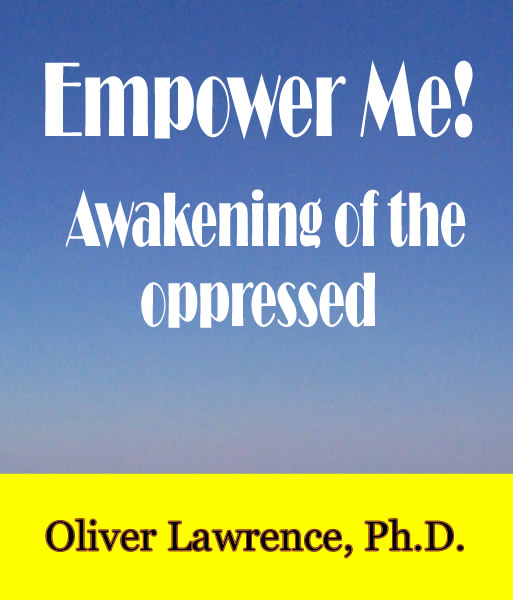
Empower Me!

Ethical Values
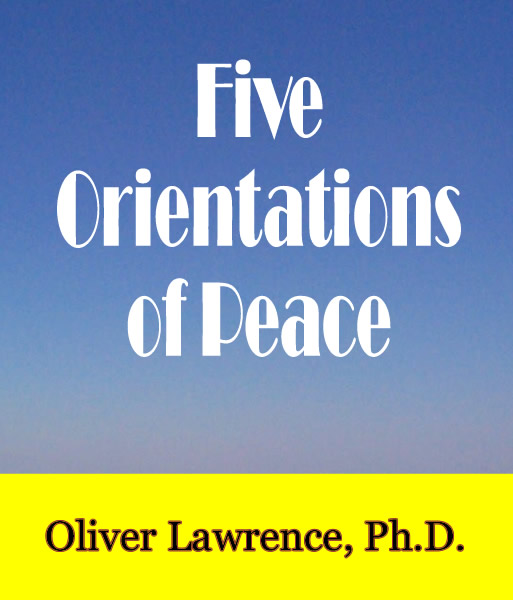
Five Orientations of Peace

Flash 2D Animation

Internet 101: An introduction to web surfing (Online Learning)
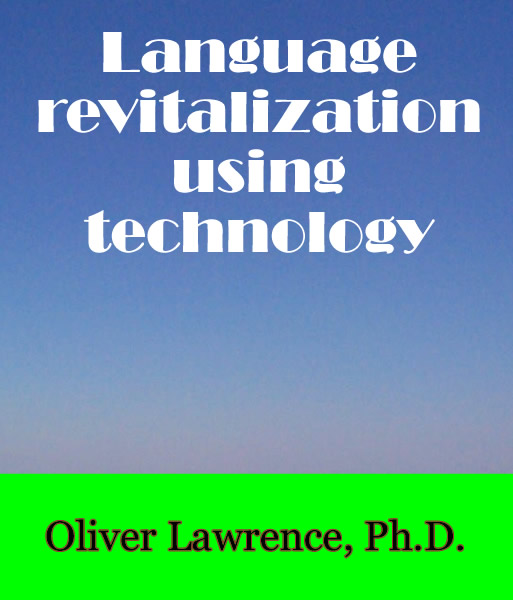
Language Revitalization using Technology

Stories from South Africa Vol. 1
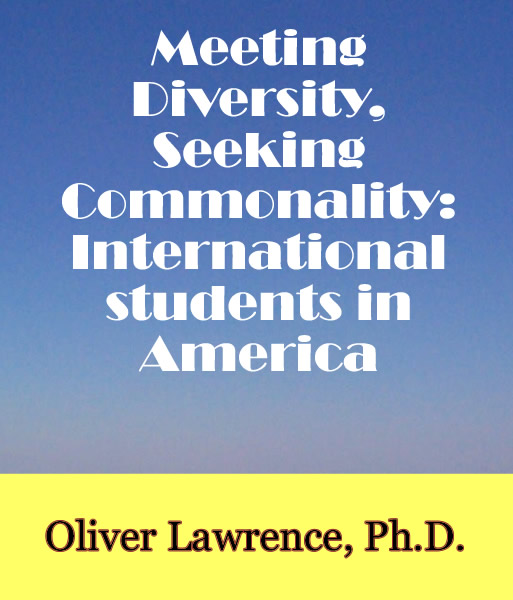
Meeting Diversity, Seeking Commonality: International students in America
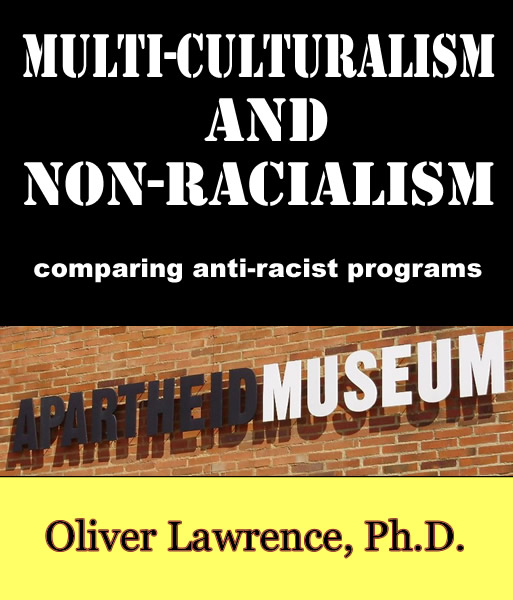
Multiculturalism and Non-Racialism: Comparing anti-racist programs
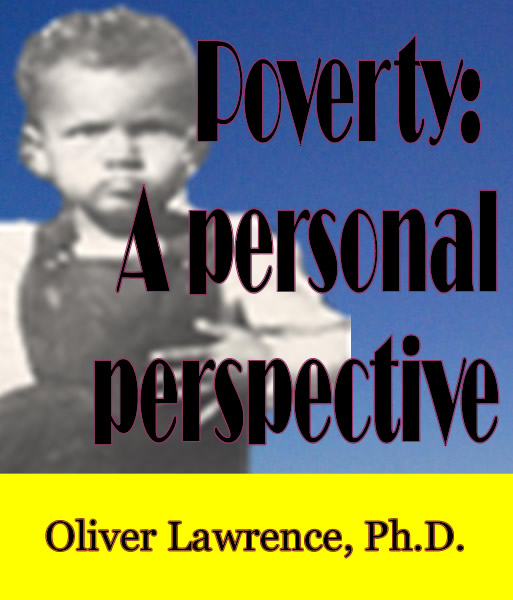
Poverty: A Personal Perspective

Stories from South Africa Vol. 2

Roman Numerals

Roman Numerals

Why bullying persists
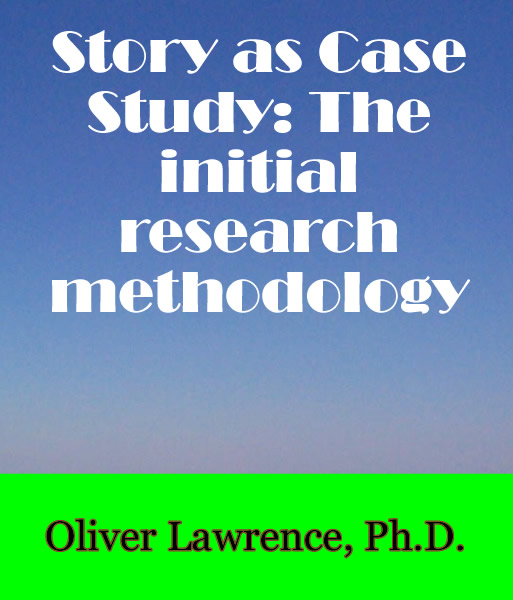
Story as Case Study
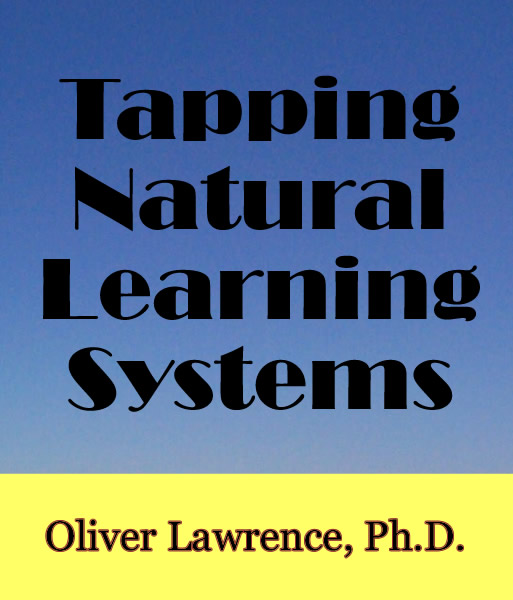
Tapping Natural Learning Systems
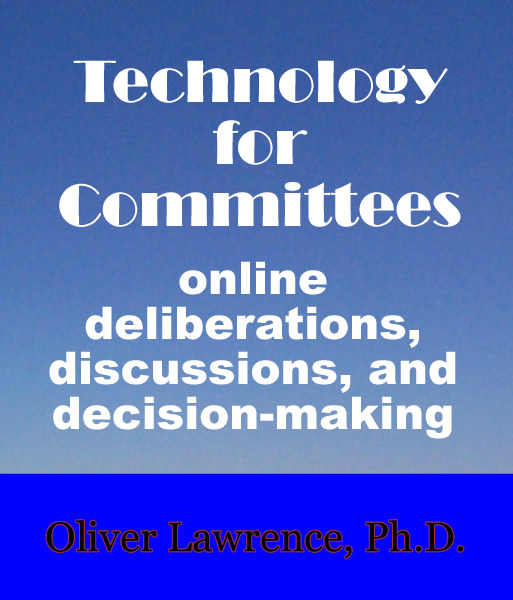
Technology for Committees:
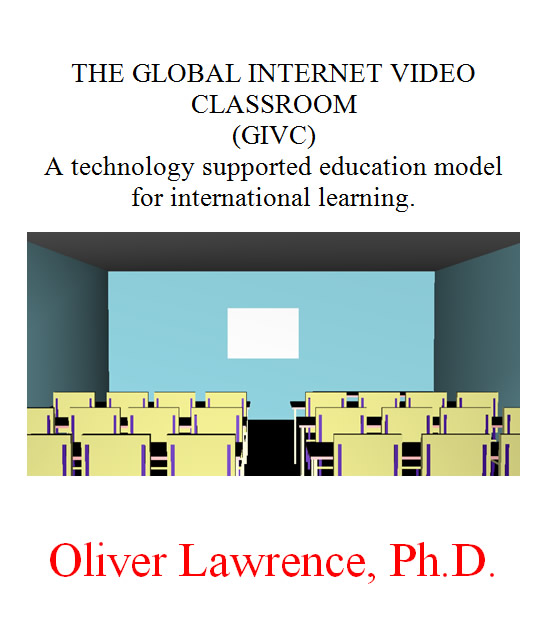
The Global Internet Video Classroom (GIVC): A technology supported education model for international learning.

The Mediation Play
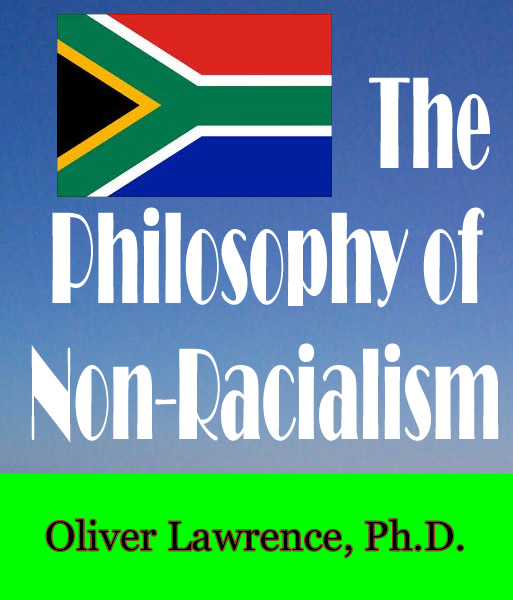
Non-Racialism
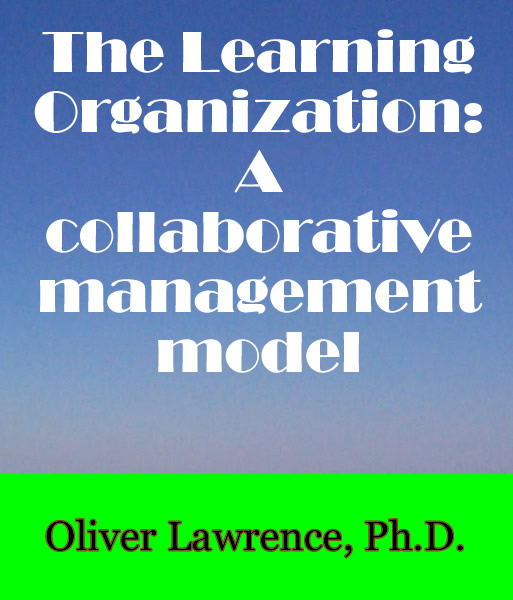
The Learning Organization
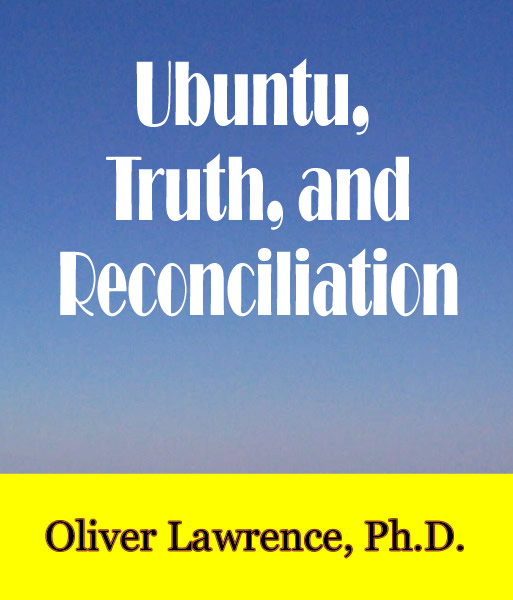
Ubuntu, Truth and Reconciliation
Empower Me
This is a book that analyzes a number of areas where oppressed people can become empowered in real and meaningful ways. Many reporters discuss problems but few practical solutions are available to follow. Broad solutions such as education point to empowerment but do not critically explain the process. For instance many poor people see sport as an empowerment tool and it is flaunted by some as successful when examples of rags to riches stories are held up. What they fail to show are the many chance incidents that culminate in the success. When someone chooses basketball over golf for instance is it because of the perceptions of the success rate or the local accessibility? Does the success depend on a chance encounter or are there natural paths to follow? How much can an individual control and how much depends on chance? When should a person change direction and give up? What are the critical decision factors? This book is an attempt to define some parameters to answer some of these questions.
Every generation is filled with oppressed people. The current economic system relies on haves and have-nots, employers and employees, bosses and workers, oppressors and the oppressed. This has not always been the social and economic rules in every society. Some ancient and indigenous communities were egalitarian, cooperative, and based on sharing. Some communities in modern times operate on these same principles. Examples are cooperatives, the kibbutz, and some poverty stricken communities become dependent on bartering, sharing, and helping each other, while others become dependent on a benevolent benefactor. In larger communities there are examples of socialism, communism, communalism, and mixed economies. Affluent communities that are isolated may depend on trading while poor communities may depend on nature. While there is no single social and economic system today few are the communities who are totally isolated from the legacy of colonialism and its accompanying capitalist economic and social norms.

|
Community Organizing. Take this course online to learn community organizing strategies. Receive immediate feedback on your progress. Learn through doing and creating a portfolio for the job interview. Never miss a lecture, assignment, or a quiz. A certificate is obtainable for a successful supervised campaign. Community Organizing is a science and an art. It may seem like a knee-jerk response to injustice. There are so many incidents that occur on a daily basis in communities that are exploitative, denigrating, and simply inhumane. Many will become angered and motivated to take immedite action but it takes strategy and organization to take effective action. Learn about the theories and philosphies of direct empowerment so that you will be prepared and ready when the need to take meaningful action arises. |